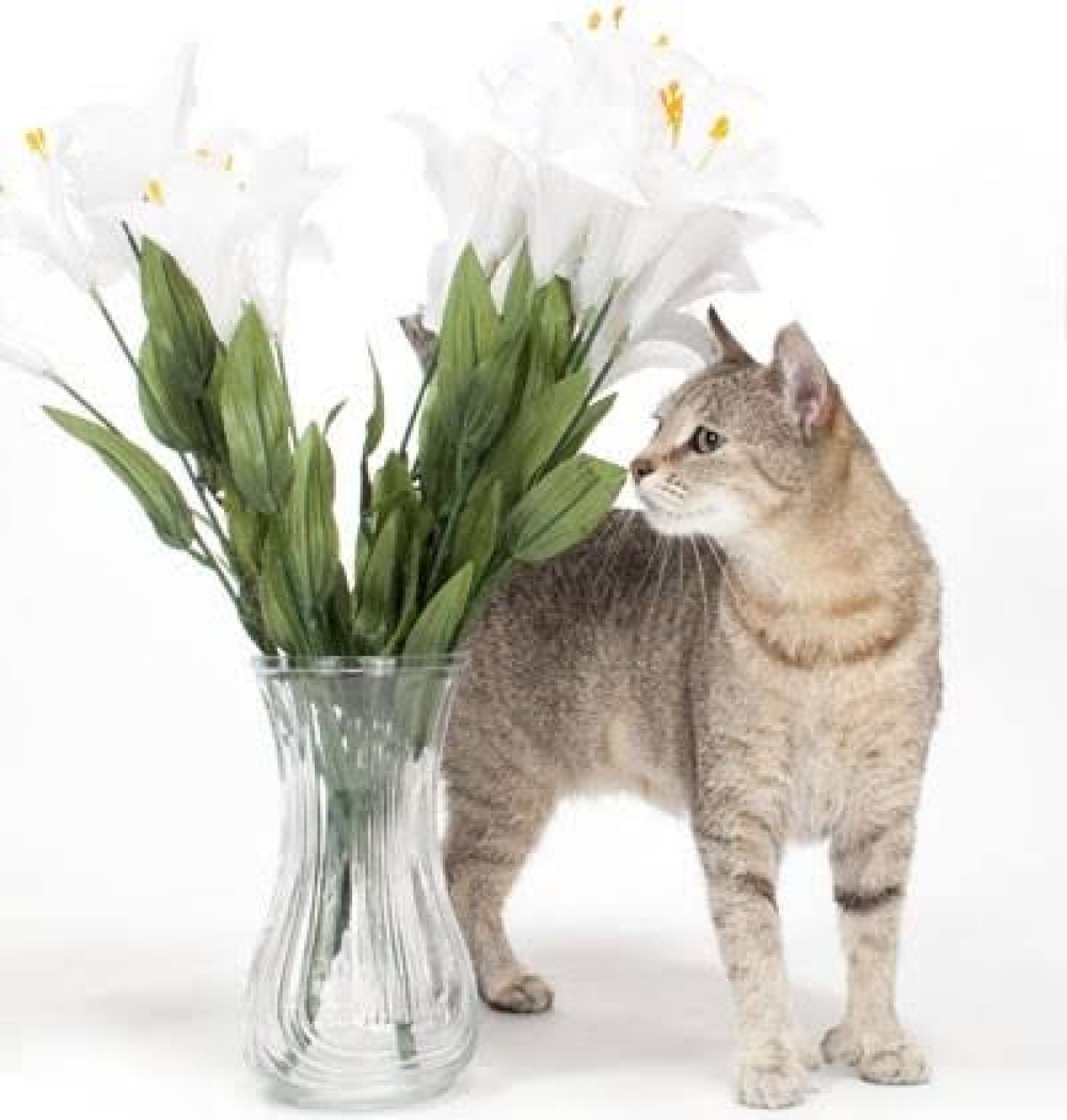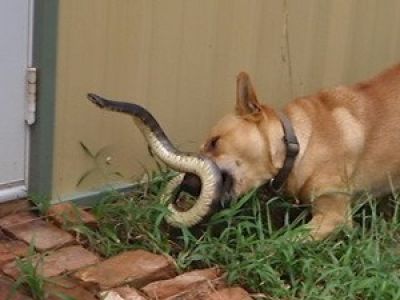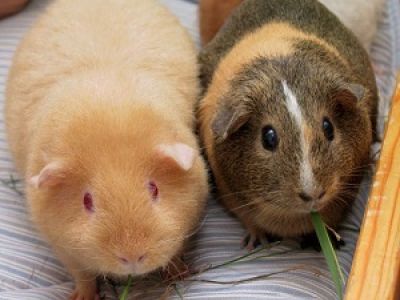Food Toxicity

With the festive season almost upon us there tends to be a lot more table leftovers and scraps. As family, we like to share this Christmas cheer with our four-legged family-members so they are not missing out. We just need to be aware of what foods animals are unable to tolerate.
Dogs and cats differ in their ability to metabolise certain drugs and compounds compared to people, which is why animals should never be medicated with human drugs or fed certain food that people eat.
Some foods, such as chocolates, grapes and onions are absolute poison for your pet.
.When dogs ingest chocolate, the large amount of fat can cause pancreatitis, resulting in vomiting, diarrhoea and pain in their abdomen. After a dog has gorged themselves on the chocolate, it is a combination of caffeine and theobromine in chocolate that may cause panting, tremors, seizures, high heart rates, abnormal heart rhythm, coma and possible death. Toxicity depends upon the amount of chocolate eaten, the type of chocolate and the bodyweight of the dog. The darker and more bitter the chocolate, the more toxic it is, with cooking chocolate being the worst.
While chocolate is toxic for cats, they tend to be less curious than dogs and not eat chocolate on their own.
Grapes and their dried varieties, (raisins and sultanas) are associated with acute kidney failure in dogs. So, there won’t be any sharing of fruit cake from here on!
Never give lilies as part of a flower arrangement to anyone who owns a cat. Cats are unique in their susceptibility to lily poisoning which can cause acute kidney failure. All parts of the lily plants are toxic to cats and that includes the stem, leaves and roots. Even licking the pollen off their coat can result in poisoning. Within two hours of ingestion, vomiting and lethargy and lack of appetite can occur. As the acute kidney damage develops, cats will show signs of weakness, drooling, drinking and urinating more, tremors and even seizures. Left untreated, cats can die within a few days to a week.
Pets seem to like onions, both cooked and raw but they are toxic. It is the sulphur-containing antioxidants in onions that are the cause of toxicity. The prognosis depends on the amount of onion ingested and the degree of anaemia present.
Rat bait is another common poisoning that we see in-clinic. Dogs and cats can be affected by rat bait, either by ingesting the toxin directly or by eating dead rodents that had ingested the rodenticide. If enough of the toxin is ingested, internal can occur. Seek veterinary attention immediately. Studies show that dogs under 2 years of age are more likely to be curious and seek out pellets, resulting in poisoning.
This is just another beware lesson to try and prevent accidents and stress in the home for our fur-babies.



